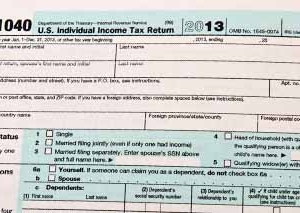
California’s Reparations Task Force approved $1.2 million to every Black resident.
The 9 member committee – which convened two years ago – made the recommendation on Saturday after hearing from lawmakers, black activists and members of the public.
The first of its kind reparations plan could cost the state over $500 billion.

The plan will include payments of $115,260 to each eligible person, and $2,352 for each year of residency in California from 1971 to 2020.
Black activists demanded $200 million per person. They say it is past time for the government to pay reparations to Black people.
“Reparations are not only morally justifiable, but they have the potential to address longstanding racial disparities and inequalities,” U.S. Rep. Barbara Lee said.

But TV’s Dr. Phil McGraw says Black people will end up broke again after they squander their money on unnecessary luxury goods.
“I can tell you from a psychological perspective that if you take $350,000 or $840,000, and you write a check to any group of people, Black, white, poor, homeless, whatever, you give any group of people that much money and say, ‘There you go, best of luck,’ you come back in six months, they’re going to be broke. Whatever reparations are done, that would be an absolute disaster, as opposed to guidance and help in creating generational wealth, as opposed to income.”
Economists caution that reparations may never materialize since the state can’t afford to pay.
“There’s no way in the world that many of these recommendations are going to get through because of the inflationary impact,” said Roy L. Brooks, a professor and reparations scholar at the University of San Diego School of Law.
Wealthy residents worry that they could be hit with millions in property taxes to pay for the plan.
Economists have projected that the state could owe more than $800 billion for reparations, or more than 2.5 times the state’s annual budget.





